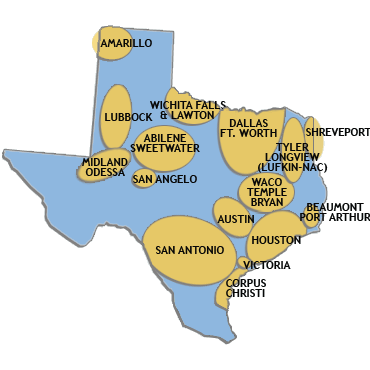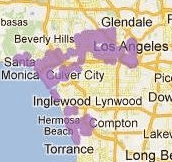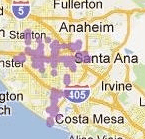Stop the Cap! has learned Suddenlink will establish usage allowances nearly identical to AT&T for their broadband customers, with a $10 overlimit fee for each 50GB customers manage to exceed their limits.
Suddenlink officials have declined to comment on Stop the Cap!’s report published yesterday.
The usage caps, which will first be implemented on customers in Amarillo, Tex., are as follows:
- 150GB per month for customers subscribing to “lite” tiers of less than 10Mbps, similar to what AT&T limits its DSL customers;
- 250GB per month for 10, 15, or 20Mbps customers, similar to AT&T U-verse;
- 350GB per month for premium-priced 50 or 107Mbps service packages.
Suddenlink says they expect less than 1% of their customers to exceed the monthly limits. If they do, they will receive warnings three times before the overlimit fee is imposed.
“It could have been worse, but there doesn’t seem to be any justification for these limits other than the fact their biggest competitor in Texas — AT&T — has them,” says Amarillo resident and Stop the Cap! reader Angel.
“It’s another example of what happens when you live in a country that allows broadband duopolies,” Angel says. “Just like with cell phones, as soon as AT&T does something, their competitors follow suit and the customers are stuck paying more and more for less and less service.”
Angel says the first time he is billed an overlimit fee of any kind, he’ll downgrade his broadband service.
“Why pay for premium priced speed tiers when usage caps make them not worth the extra money?”


 Subscribe
Subscribe






